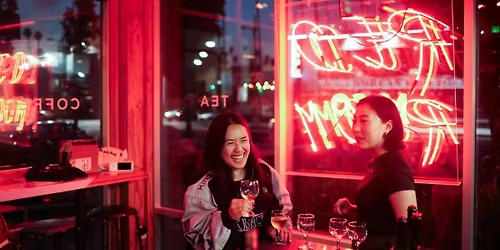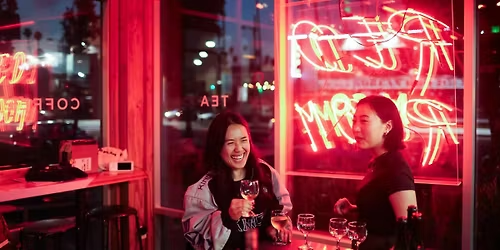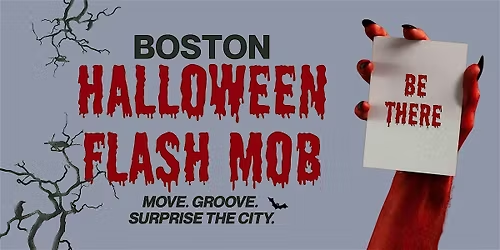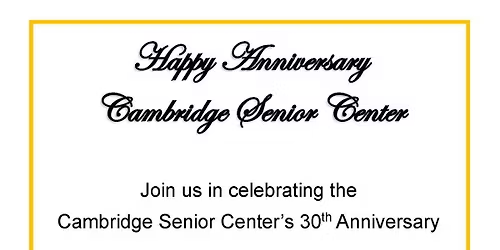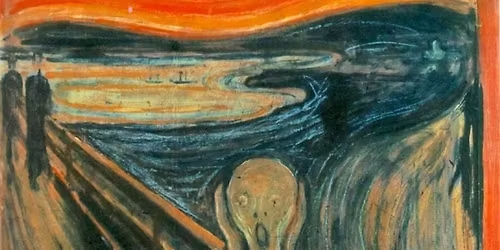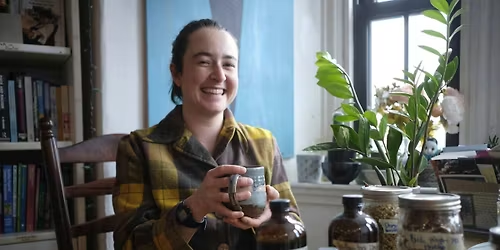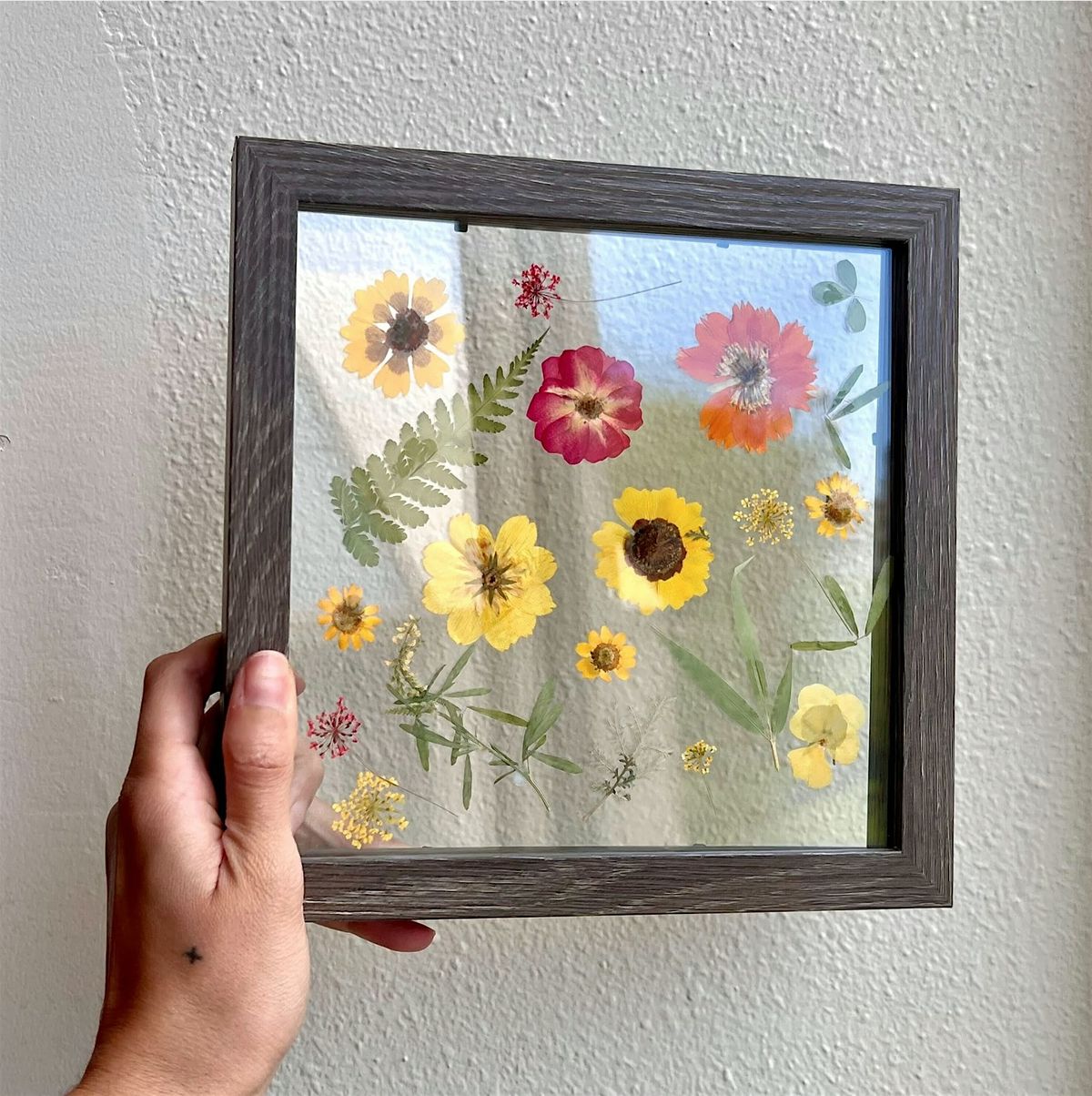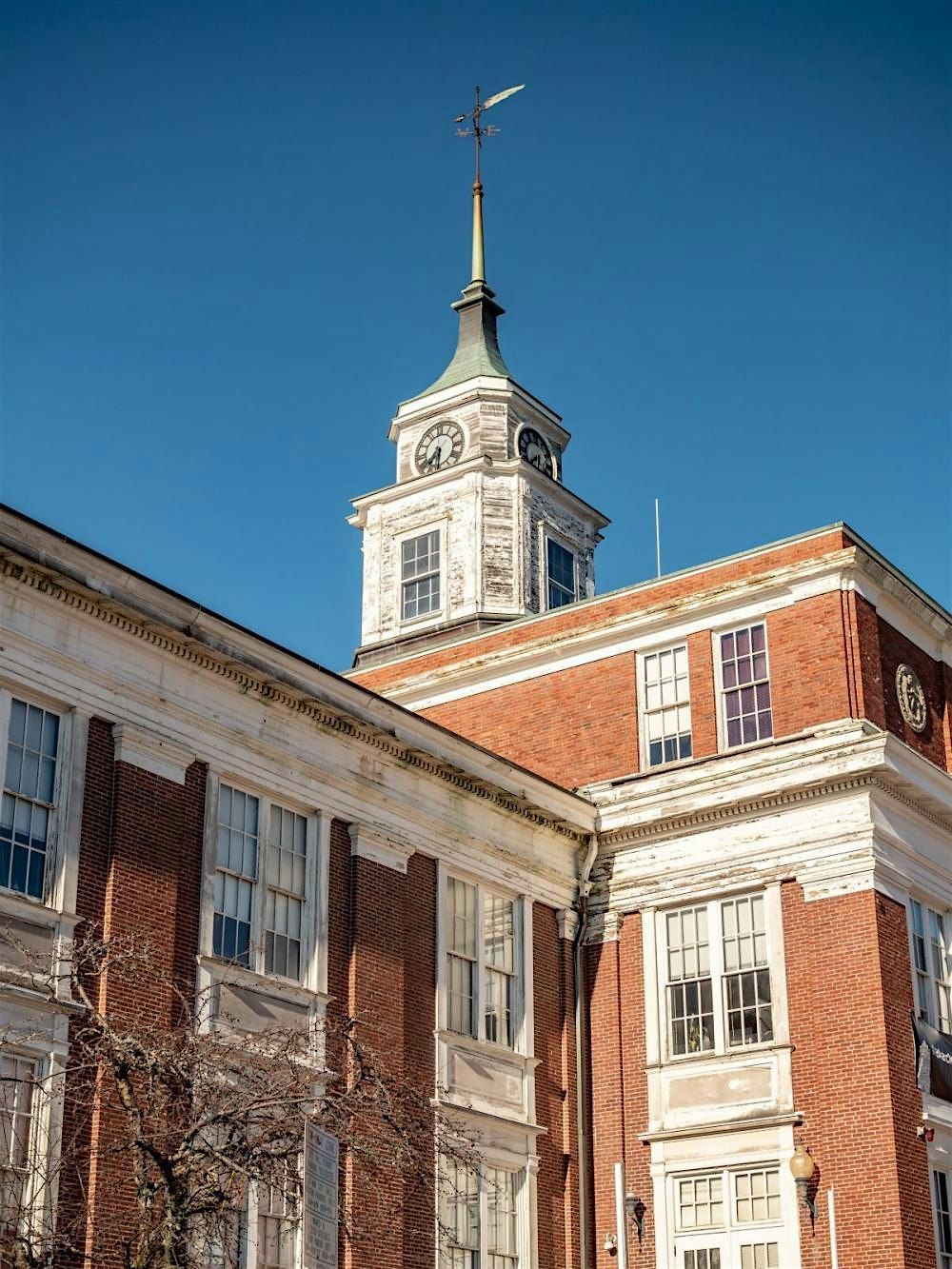The Palimpsest of Disobedience: St. Petersburg’s Literary Culture of Resist
Schedule
Thu Oct 30 2025 at 05:00 pm to 06:30 pm
UTC-04:00Location
CGIS South Building, S050 | Cambridge, MA

About this Event
Literary museums exist in a time of their own devising. Bound to the chronology of a writer’s life, they commemorate not only their subjects’ contributions to the literary canon but also the moment of the authors’ deaths. At that moment, books, manuscripts, and material objects belonging to Schiller, Pushkin, Shakespeare, or Tsvetaeva suddenly become “memorabilia” or even “relics,” metonymically representing the deceased creators. In Soviet literary museum culture, the emphasis on death was reinforced by the tradition of venerating writers’ homes as sacred spaces of memory, which offered audiences an opportunity for solitary worship and spiritual self-reflection during an era of aggressive atheism accompanied by the demolition of churches and the near-obliteration of “bourgeois” material culture. This model still dominates the contemporary Russian museum scene. However, predictably, in times of war, it has undergone an ideological conversion centered on patriotic, nationalist, and anti-Western sentiment. Some Russian literary museums strive to align their interpretations of writers’ legacies with contemporary, state-sponsored media discourse.
This talk focuses on four contemporary literary projects from St. Petersburg that transcend the conformist or propagandistic paradigms. The Akhmatova and Brodsky museums are featured as sites that reject the traditional, altar-like model of a literary memorial. Instead, they draw their audiences toward a polyphonic forum — a space for expressing ideas and sharing urges of public disobedience. The Kharms Museum, organized by a group of like-minded individuals brought together through several Kharms Fest iterations, and the “Day Do” city festival dedicated to Dostoevsky challenge museum-goers’ expectations by commemorating the subversive, politically and morally controversial aspects of their authors’ biographies and key texts. We will study how these institutions contribute to anti-war resistance by contrasting archaic museum methods of narrating writers’ lives through “still life” exhibits with innovative approaches based on dialogue and critical thinking. The latter include palimpsestic public writing on the walls of Akhmatova’s “Fountain House” garden and sharing museum space between visitors and curators in Brodsky’s “A Room and a Half.”
Where is it happening?
CGIS South Building, S050, 1730 Cambridge Street, Cambridge, United StatesEvent Location & Nearby Stays:
USD 0.00

